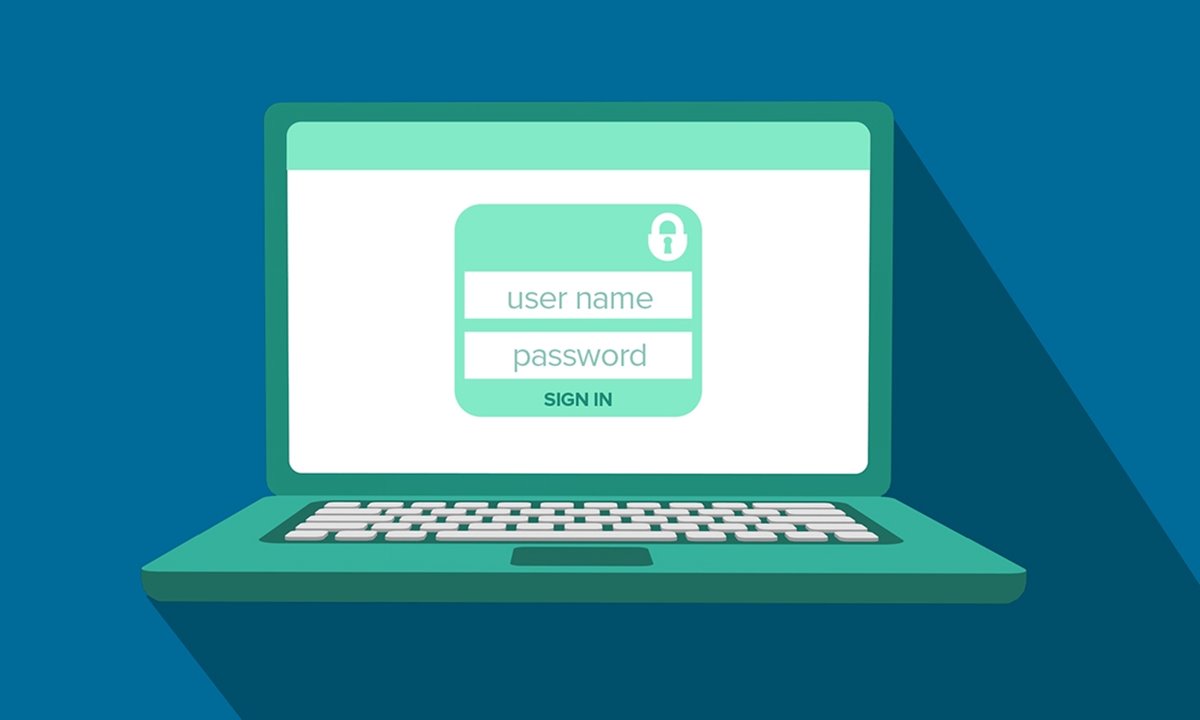Most Kiwis are ready to replace passwords and pin codes with biometrics, according to a recent survey by Visa.
The leading global payment solution provider said 65 per cent of the 500 Kiwis surveyed believed that biometrics was a faster, easier, and more secure way to access an account than passwords and pin numbers.
Nearly as many of those Kiwis surveyed, 64 per cent, said they were already familiar with biometrics.
Biometrics is the technical term for body measurements and calculations. It refers to metrics related to human characteristics. Biometrics authentication is used in computer science as a form of identification and access control.
Visa found 42 per cent of those surveyed said they used biometrics on a weekly basis.
If you think that that biometrics usage number is high then consider this. When I was growing up in the 1970s and 1980s biometrics was generally considered a thing of the future, showing up in science fiction movies like Star Trek II: The Wrath of Khan when Admiral James T. Kirk viewed the top-secret and classified Genesis file through a scan of his retina.
Similar software is now built into Microsoft Windows It’s called Windows Hello and uses a webcam to authenticate the person signing in to the machine by scanning their face and comparing their features to a profile stored in its memory. According to Microsoft, Windows Hello logs you into your computer three times faster than a password. That’s faster than Admiral Kirk’s 23rd-century retina scanner which takes around 10 seconds to scan Kirk’s retina and compare it to a scan on file!
Windows Hello uses either the built-in webcam to recognise your face, log you in with a touch on your fingerprint scanner.
You may be surprised to learn that Toshiba took fingerprint scanners on phones to the mainstream back in 2007. They were used to unlock the phones of the day with the owner’s finger or thumbprint.
The Apple iPhone 5s, announced in September 2013, took fingerprint scanners up to the next level by also allowing one-touch purchases from Apple’s iTunes Store and the Apple App Store. Samsung soon followed suit with similar functionality in its flagship phones. By then many business-grade personal computers came with a fingerprint reader. That’s seven years ago, and since then fingerprint scanners have started to appear on even budget phones.
While biometrics usage today is much higher than you’d think, there’s still a place for passwords and pins, particularly in the corporate space where contracts between parties insist on older tried and true technologies and two-factor authentication.
David Hallett is a co-founder and director of Hamilton software specialist Company-X.



.jpg?sfvrsn=14164ce5_1&mode=crop&width=770&height=462&format=jpeg&quality=85)
.jpg?sfvrsn=414c0434_1&mode=crop&width=770&height=462&format=jpeg&quality=85)
.png?sfvrsn=16db4cf2_1&mode=crop&width=770&height=462&format=jpeg&quality=85)